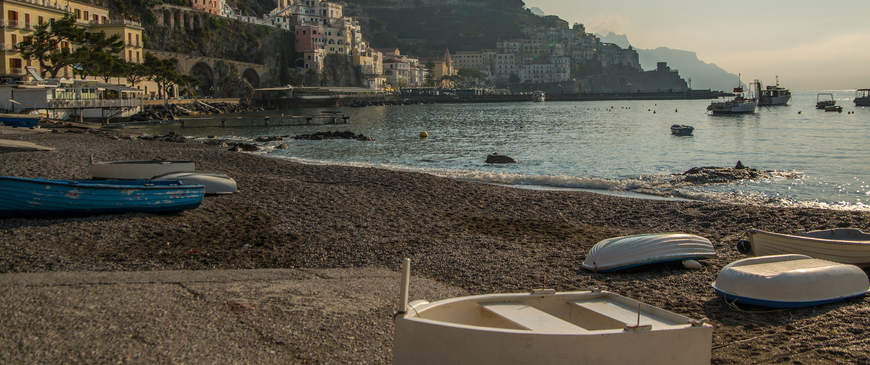
The EU recovery fund is a historic step, almost
The €500bn EU recovery fund proposed this week by Angela Merkel, the German chancellor, and Emmanuel Macron, the French president, could be a historic step forward for the EU.
In formulating the proposal, Ms Merkel broke two rules of Germany’s EU policy: that there should be no common borrowing and no transfer union beyond the existing EU budget. The plan recognises the extra burden that Covid-19 has placed on southern Europe. It may even lead to more fiscal integration across the EU.
Yet, as it stands, the fund is likely to get bogged down in negotiations on who receives the transfers, and their size. Without clarity on that, it will be unable to address properly the widening divergence between northern and southern Europe. The pandemic has accelerated this gap, which threatens to make the EU even harder to govern than it is now. But there may be a way forward.
There are several reasons why Covid-19 is more damaging for southern Europe.
Italy and Spain were hit first by the pandemic. The severe toll exacted there gave other countries the chance to lock down more quickly, thereby limiting the outbreak and shortening their lockdowns. As our research shows, Germans will be able to go back to work sooner than Italians and Spaniards. Every month of restrictions reduces a country’s annualised gross domestic product by 2 to 3 per cent.
The lockdowns are also more painful in southern Europe. More regions in Greece, Spain, Italy and Portugal have large tourism or manufacturing sectors — sometimes both — than in northern countries. Office workers can work more easily from home, whereas those in factories or leisure sectors must work together or in proximity to customers. Tourism is far more seasonal in Mediterranean resorts than northern cities. Even though Greece wants to open its tourism sector soon, lockdowns across Europe are likely to persist into the summer when southern Europe’s revenues are usually at their highest.
In addition, southern European countries have more limited fiscal ability to support furloughed businesses and workers. The European Commission is already concerned that Germany’s vast loan guarantee programme to its companies might undermine the single market.
Because southern EU countries tend to have higher debt levels and borrowing costs, that will make them less able to use their national balance sheet to protect companies from bankruptcy or to stimulate recovery. That means northern companies will be in a stronger position to take larger market shares across Europe when the pandemic ebbs. It will also sap growth in southern Europe relative to the north.
The proposed recovery fund, which requires agreement from all 27 member states, recognises this divergence. But to be economically significant, most of the €500bn will have to be transferred to Greece, Italy, Portugal and Spain. Northern and central European countries will probably oppose that, and want their contributions to be largely recycled back to their own citizens and businesses.
Poland and Hungary will make the persuasive case that they should not be on the hook for richer eurozone countries, where high debts are in part the result of the mismanagement of the single currency. Indeed, a transfer union makes more sense at a eurozone level as an Italian debt crisis would spill over and affect other members of the single currency.
Even in the unlikely event that Hungary and Poland do agree to the transfer arrangement, as a quid pro quo they could insist that the EU stop its meddling, as they see it, in their attempts to weaken the rule of law.
There may be an alternative, however, if negotiations get bogged down after the formal blueprint is presented to EU states on May 27. Ms Merkel could jettison the frugal northern and eastern countries and instead assemble a coalition of the willing to use the EU’s “enhanced co-operation” procedure. This allows some member states to proceed with integration without the others.
Such a move would render the EU even more fractured and complex. Commonborrowing by coalition would also be complex. But it would forestall further economic and political divergence. It may also encourage the Netherlands and Austria to engage with the recovery fund proposal, as they would be unwilling to be left on the periphery without much say over the future of the euro.
Chancellor Merkel deserves praise for her bravery in putting the proposal forward with president Macron. But there are still more difficult decisions to make.
John Springford is deputy director of the Centre for European Reform.
